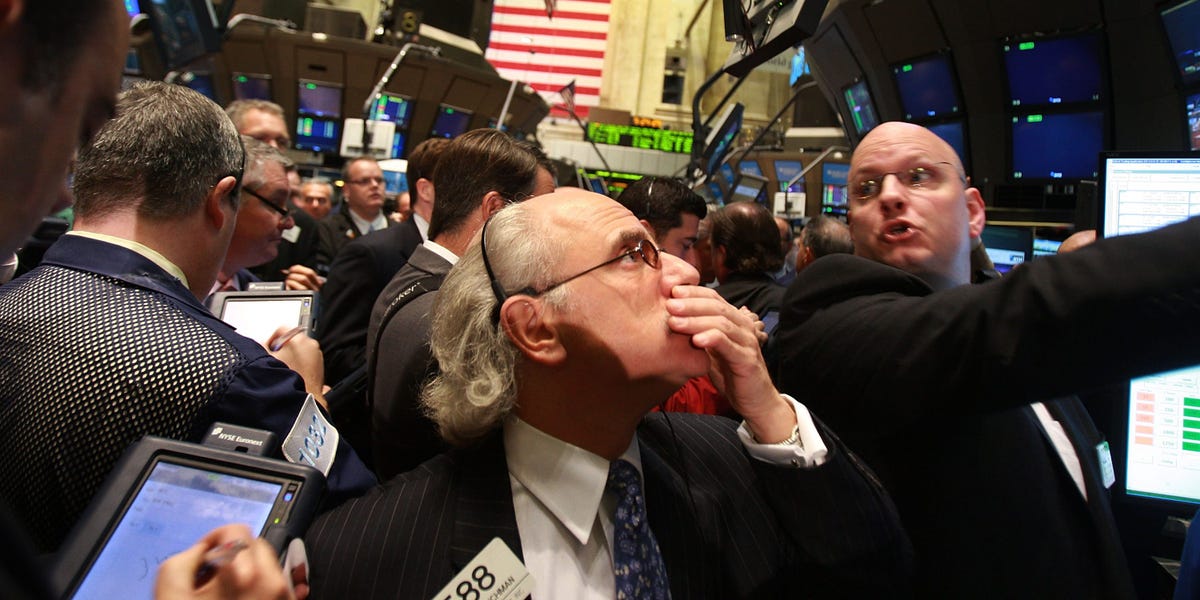Economic Alarm: JP Morgan Warns Trump Tariffs Push Recession Odds to Dire 60% Threshold

In a stark warning that sent ripples through financial markets, JP Morgan's chief global economist has raised serious concerns about the potential economic fallout of Donald Trump's aggressive tariff strategy. The expert suggests that the proposed trade policies could significantly increase the likelihood of the United States sliding into a recession.
The aggressive tariff plan, which threatens to disrupt international trade relationships, has economists and market analysts deeply worried about the potential economic consequences. By potentially escalating trade tensions and creating uncertainty in global markets, Trump's approach could undermine economic stability and growth.
The economist's warning serves as a critical reminder of the delicate balance required in international trade policy. With global economic conditions already fragile, such aggressive trade measures could potentially trigger a domino effect that pushes the economy towards a downturn.
Investors and policymakers are now closely watching the potential implementation of these tariffs, understanding that the economic stakes are incredibly high. The risk of a recession looms large, casting a shadow over future economic projections and business strategies.
